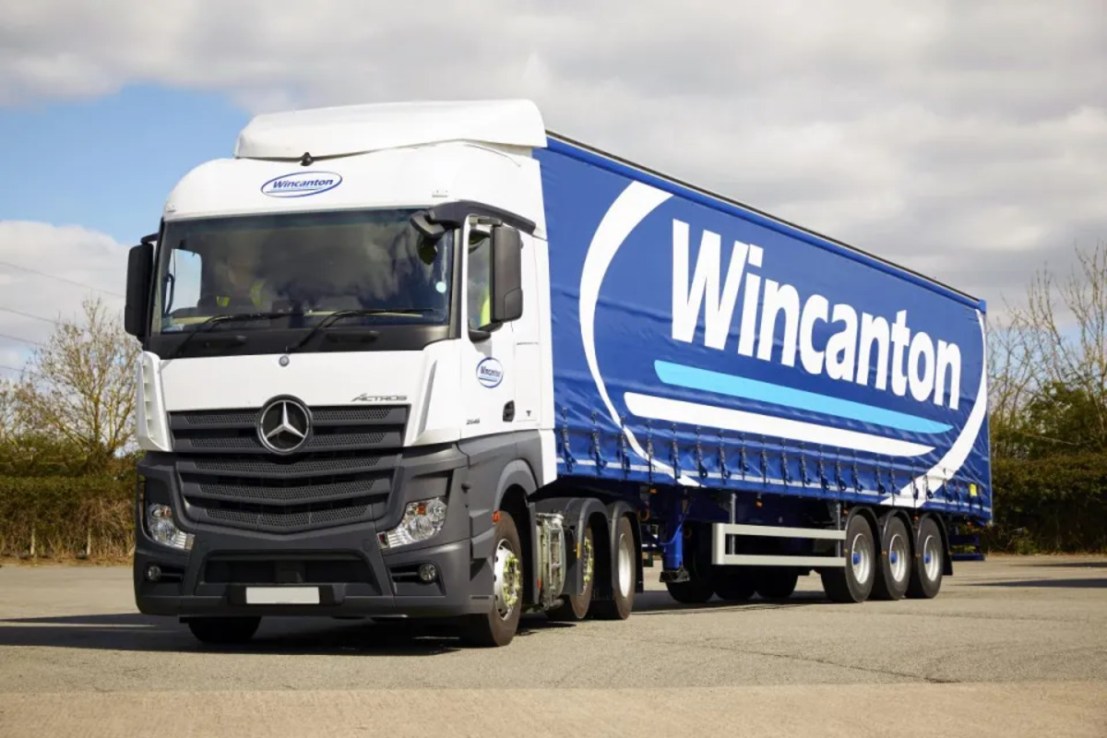Higher prices warning issued over Wincanton takeover as GXO handed ultimatum
The £762m takeover of Wincanton by GXO could lead to higher prices for business customers in the UK, according to the Competition and Markets Authority (CMA). The watchdog has issued its initial findings on the deal which saw the Wiltshire-based business taken over by logistics giant GXO and delist from the London Stock Exchange earlier [...]


The £762m takeover of Wincanton by GXO could lead to higher prices for business customers in the UK, according to the Competition and Markets Authority (CMA).
The watchdog has issued its initial findings on the deal which saw the Wiltshire-based business taken over by logistics giant GXO and delist from the London Stock Exchange earlier this year.
GXO secured the takeover after trumping an offer of 480p a share made by the French multinational CEVA Logistics.
The Marseilles firm withdrew from the bidding war following GXO’s rival offer of 605p a share.
However a month after the deal was confirmed, the CMA launched an investigation into the acquisition.
In its findings, the CMA said the completed purchase could “r”educe competition in the supply of mainstream contract logistics services in the UK”.
Contract logistics services include distribution, transport, warehousing and other supply chain services.
The CMA said its investigation found that GXO and Wincanton compete closely, “particularly for contracts with large retail customers”.
The watchdog added that although GXO will continue to face competition from other contract logistics providers, “many of these are significantly smaller, or focus on specific industries or types of logistics services (such as transport)”.
It also said: “Although some businesses have the option to bring services in-house if contract logistics suppliers do not offer good value, the ability to do this varies by customer.
“The CMA is therefore concerned that the deal could raise costs for businesses that rely on contract logistics suppliers to move goods around the UK and for other supply chain activities.”
GXO now has five working days to submit proposals to address the CMA’s concerns.
The watchdog said that if suitable proposals are not submitted it will progress to an in-depth phase two investigation.
Naomi Burgoyne, senior director of mergers at the CMA, said: “Contract logistics services are critical for the flow of goods around the country, reducing delays, and ensuring that products reach their destinations efficiently and reliably.
“These services are essential for millions of people who rely on timely deliveries or being able to buy products off the shelf.
“This market is worth £16bn in the UK, and we’re concerned that this merger could reduce competition, resulting in higher costs being passed down to consumers.
“We consider that these competition concerns warrant an in-depth phase two investigation, unless GXO offers solutions which address them.”
What has GXO said?
A GXO spokesman said: “We are reviewing the decision and will continue to engage constructively and collaboratively with the CMA to secure a positive outcome.
“We strongly believe that the transaction will deliver meaningful benefits for contract logistics customers in the UK, Europe and globally, and will support the UK Government’s objective to drive economic growth by creating a more efficient and effective supply chain.
“The UK logistics market is highly competitive, and competition will remain robust for years to come.
“We remain confident in obtaining regulatory clearance and look forward to beginning to integrate our two great businesses.”
Wincanton made first lost in over 20 years ahead of GXO deal
The initial finding from the CMA comes after City AM revealed in July that Wincanton slipped into the red for the first time in more than 20 years in the year leading up to it being taken private.
Wincanton made a pre-tax loss of just under £50m in the 12 months ended 31 March, 2024, having made a pre-tax profit of £38m in the 12 months before.
This is the first time the company has recorded a pre-tax loss since it became listed on the London Stock Exchange in 2001.
Wincanton said the slump had been driven by the “costs incurred to sell” the company, “material impairments” and “” onerous contract provisions” recognised in the period.
During the year the company’s revenue dipped slightly to £1.4bn, down from £1.46bn in the year before.



